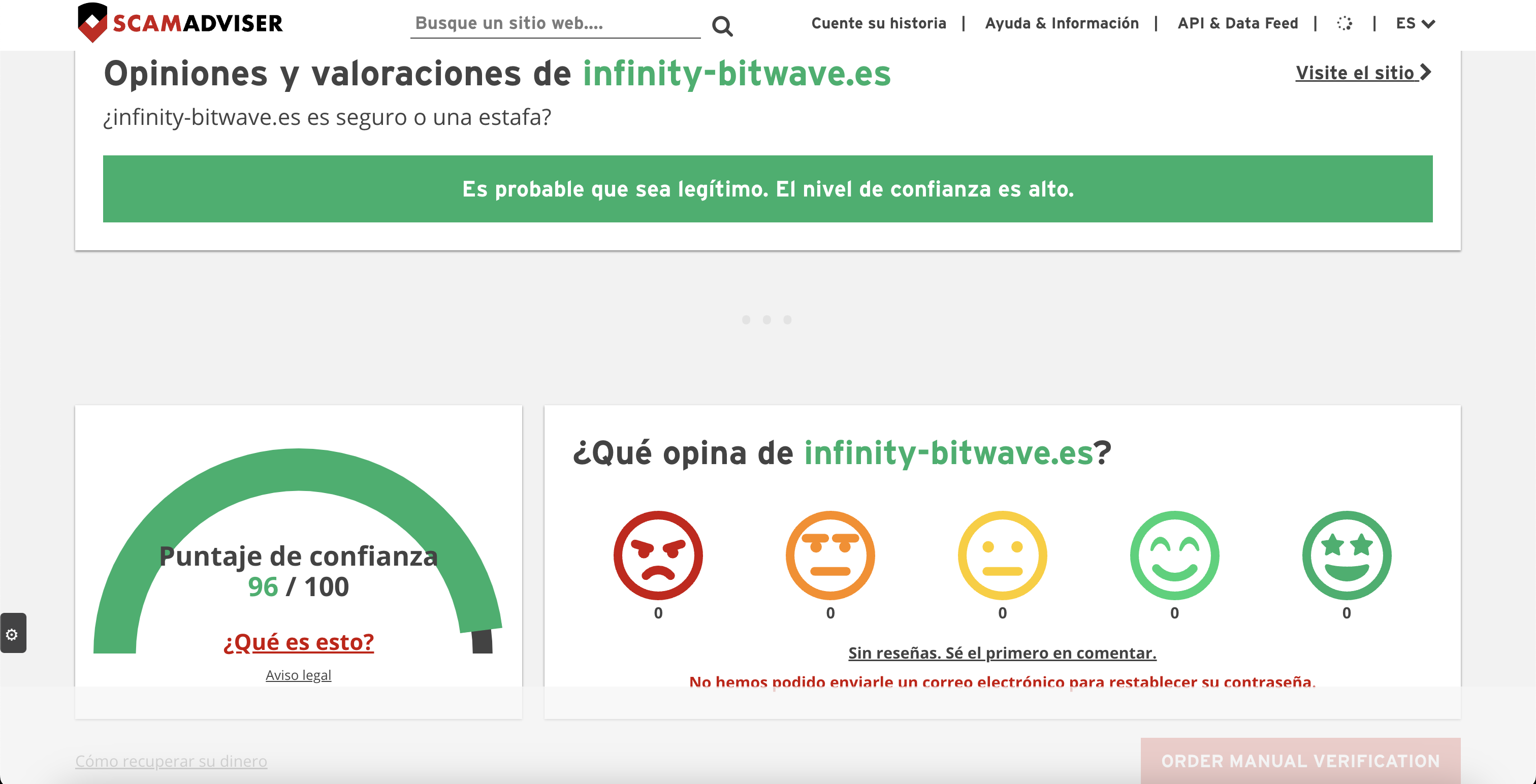In the rapidly evolving landscape of technology, Quantum AI stands at the frontier, merging the revolutionary principles of quantum computing with the advanced methodologies of artificial intelligence. This synergy promises to solve problems previously deemed unsolvable, offering unprecedented computational power and efficiency. This article delves into the essence of Quantum AI, exploring how it works, its significance in today’s tech-driven world, and its practical applications across various industries. We will discuss its key components, the role of quantum algorithms, and examine the benefits and challenges of this groundbreaking field, while also providing resources for those interested in getting started.
What is Quantum AI?
Quantum AI is a cutting-edge field that integrates the principles of quantum computing with the techniques of artificial intelligence. By leveraging the unique capabilities of quantum mechanics, Quantum AI aims to perform complex computations at unprecedented speeds, far beyond the reach of classical computers. This powerful combination holds the potential to revolutionize various sectors, from cryptography and pharmaceuticals to financial modeling and logistics. At its core, Quantum AI utilizes quantum bits or qubits, which can exist in multiple states simultaneously, enabling parallel processing on a scale that classical computers cannot achieve. This capability allows for solving intricate problems, optimizing systems more efficiently, and unveiling new insights in data analysis. As research and development in this field continue to advance, Quantum AI is poised to become a cornerstone technology, driving future innovations and transformative solutions.
How Does Quantum AI Work?
Quantum AI functions by leveraging the principles of quantum mechanics to enhance the capabilities of artificial intelligence algorithms. At its core, it utilizes qubits, which can exist in multiple states simultaneously, unlike classical bits that are either 0 or 1. This property, known as superposition, allows quantum computers to process vast amounts of data in parallel, significantly accelerating problem-solving processes. Additionally, quantum entanglement enables qubits that are entangled to share information instantaneously, regardless of distance, further boosting computational efficiency. Quantum AI employs specialized quantum algorithms, such as Shor’s algorithm for factoring large numbers and Grover’s algorithm for searching unsorted databases, to perform tasks at speeds unattainable by classical computers. These algorithms facilitate complex computations and optimizations across various domains, from cryptography and pharmaceuticals to finance and materials science. While the technology is still in its nascent stages, continuous advancements in error correction and quantum coherence are steadily overcoming the challenges, paving the way for more practical and scalable Quantum AI solutions.
Importance of Quantum AI in Modern Technology
The advent of Quantum AI marks a pivotal shift in technological innovation, offering solutions to complex problems with profound accuracy and speed. In modern technology, the importance of Quantum AI cannot be overstated. It enhances data analysis, optimizes intricate processes, and drives advancements in fields such as cryptography, logistics, and pharmaceuticals. By leveraging the principles of quantum mechanics, Quantum AI handles computations that would be impossible for classical systems. Consequently, it paves the way for breakthroughs in machine learning, artificial intelligence, and various cutting-edge technologies, ensuring that industries can tackle challenges more effectively and innovate at an accelerated pace.
Key Components of Quantum AI
The core components of Quantum AI encompass quantum computing hardware, quantum algorithms, and AI frameworks adapted for quantum environments. Quantum computing hardware, such as quantum processors and qubits, forms the foundation, enabling the execution of complex calculations with remarkable speed. Quantum algorithms, designed specifically for leveraging quantum principles, solve intricate problems more efficiently than classical algorithms. Additionally, AI frameworks must be modified to function seamlessly within quantum systems, requiring a deep understanding of both quantum mechanics and machine learning techniques. Understanding these key components is crucial for harnessing the full potential of Quantum AI, leading to innovative solutions and advancements across diverse sectors.
Real-World Applications of Quantum AI
Quantum AI is poised to revolutionize numerous sectors with its unparalleled processing capabilities and innovative problem-solving approaches. In the healthcare industry, Quantum AI can expedite drug discovery by simulating molecular interactions at a quantum level, significantly reducing development time for new medications. Financial institutions can leverage these technologies for portfolio optimization, fraud detection, and risk assessment, enhancing decision-making processes with greater accuracy and speed.
In the realm of logistics and transportation, Quantum AI can optimize routing and scheduling, minimizing costs and improving efficiency. Manufacturing industries can benefit from enhanced quality control and predictive maintenance, thereby increasing productivity and reducing downtime. Additionally, climate modeling and environmental science can harness Quantum AI to better understand complex systems and predict future changes with greater precision.
Telecommunications and cybersecurity also stand to gain, as Quantum AI can enhance encryption methods, ensuring more secure data transmissions. Furthermore, the entertainment industry, including gaming and virtual reality, could experience radically improved immersive experiences through advanced AI-driven simulations. As this technology continues to evolve, its transformative potential across various real-world applications becomes increasingly evident, reshaping industries and driving innovation forward.
Quantum AI in Industrial Use Cases
Quantum AI is revolutionizing a wide spectrum of industrial applications by optimizing complex processes and enabling solutions beyond traditional computation. In manufacturing, it enhances quality control through advanced predictive analytics, reducing defects and downtime. In logistics, quantum-enhanced algorithms optimize supply chain management, improving delivery times and reducing costs. The finance sector benefits from Quantum AI by significantly enhancing risk assessment and fraud detection capabilities. Pharmaceutical companies leverage this technology for rapid drug discovery and personalized medicine, accelerating research timelines. Additionally, in energy systems, it aids in efficient energy distribution and the development of superior batteries. These applications illustrate just a few ways Quantum AI is transforming industries, driving efficiency, and fostering innovation.
The Role of Quantum Algorithms in Quantum AI
Quantum algorithms lie at the core of Quantum AI, enabling the manipulation of quantum bits (qubits) to perform complex computations more efficiently than classical algorithms. Leveraging the principles of superposition and entanglement, these algorithms solve specific problems at speeds unattainable by traditional computing methods. Key quantum algorithms, such as Shor’s algorithm for factoring large numbers and Grover’s algorithm for searching unsorted databases, exemplify the potential of quantum computing to revolutionize various domains. In Quantum AI, these algorithms are integrated to enhance machine learning models, optimize large-scale problems, and process vast datasets at unprecedented rates. Understanding and developing quantum algorithms are crucial for harnessing the full power of Quantum AI, driving advancements across industries ranging from cryptography and drug discovery to financial modeling and beyond.
Benefits and Challenges of Quantum AI
Quantum AI offers profound benefits, including unparalleled computational speeds and the ability to tackle complex problems that were previously insurmountable. By leveraging the principles of quantum computing, Quantum AI can exponentially accelerate the processing of large datasets, leading to more accurate predictive models and enhanced decision-making. This capability is particularly advantageous in fields such as cryptography, material science, and drug discovery, where traditional computational methods fall short.
However, the burgeoning field of Quantum AI is not without its challenges. One primary hurdle is the need for highly specialized and costly hardware, such as quantum processors, which are still in the nascent stages of development and not widely accessible. Additionally, there is a significant knowledge gap in quantum mechanics and algorithm design that must be bridged to fully harness its potential. The interplay between quantum noise and error rates also poses substantial obstacles, requiring sophisticated error-correction strategies to ensure reliable output. Despite these challenges, the continued advancements in Quantum AI hold the promise of revolutionizing various industries and pushing the boundaries of what is technologically possible.
Future Prospects of Quantum AI
The future of Quantum AI is exceedingly promising, poised to revolutionize numerous sectors by offering unparalleled computational prowess and introducing novel solutions to complex problems. As researchers continue to refine quantum algorithms and enhance quantum hardware, the potential applications of Quantum AI are expected to expand significantly. Industries ranging from healthcare and pharmaceuticals to finance and logistics stand to benefit from the transformative impact of Quantum AI, which can optimize processes, accelerate drug discovery, and improve decision-making through predictive analytics. Moreover, the integration of Quantum AI in cybersecurity holds the potential to create unbreakable encryption methods, ensuring data integrity in an increasingly digital world. The continued evolution of Quantum AI will likely spawn new interdisciplinary fields and drive innovation at an unprecedented pace, marking a new era in technological advancement.
Getting Started with Quantum AI: Tools and Resources
Embarking on a journey into the realm of Quantum AI requires a comprehensive understanding of the foundational tools and resources available. For beginners, quantum development kits such as IBM’s Qiskit, Google’s Cirq, and Microsoft’s Q# offer robust environments to experiment and learn. These tools come with extensive documentation and community support, making them accessible for newcomers. Online courses and tutorials provided by platforms like Coursera, edX, and Khan Academy can equip learners with essential knowledge in quantum mechanics and AI principles. Additionally, open-access research papers and publications from arXiv and IEEE provide valuable insights into the latest advancements in the field. Engaging with online forums, joining quantum computing communities, and participating in hackathons can further enhance one’s understanding and skills. As the technology advances, staying updated with the latest trends and breakthroughs through tech blogs and conferences will be crucial for continuous learning and development in Quantum AI.
Frequently Asked Questions (FAQ) about Quantum AI
Quantum AI is an intricate and rapidly developing field, and many individuals have questions about its fundamentals, applications, and implications. In this section, we address some of the most commonly asked questions, such as what exactly Quantum AI is, how it differs from traditional AI, and what potential impact it may have on various industries. We also explore the current state of Quantum AI research, the practical challenges faced by developers and researchers, and the prospects for future advancements. Whether you are a curious beginner or a seasoned professional, this FAQ aims to provide clear and concise answers to help demystify the complex world of Quantum AI.



Leave a Reply